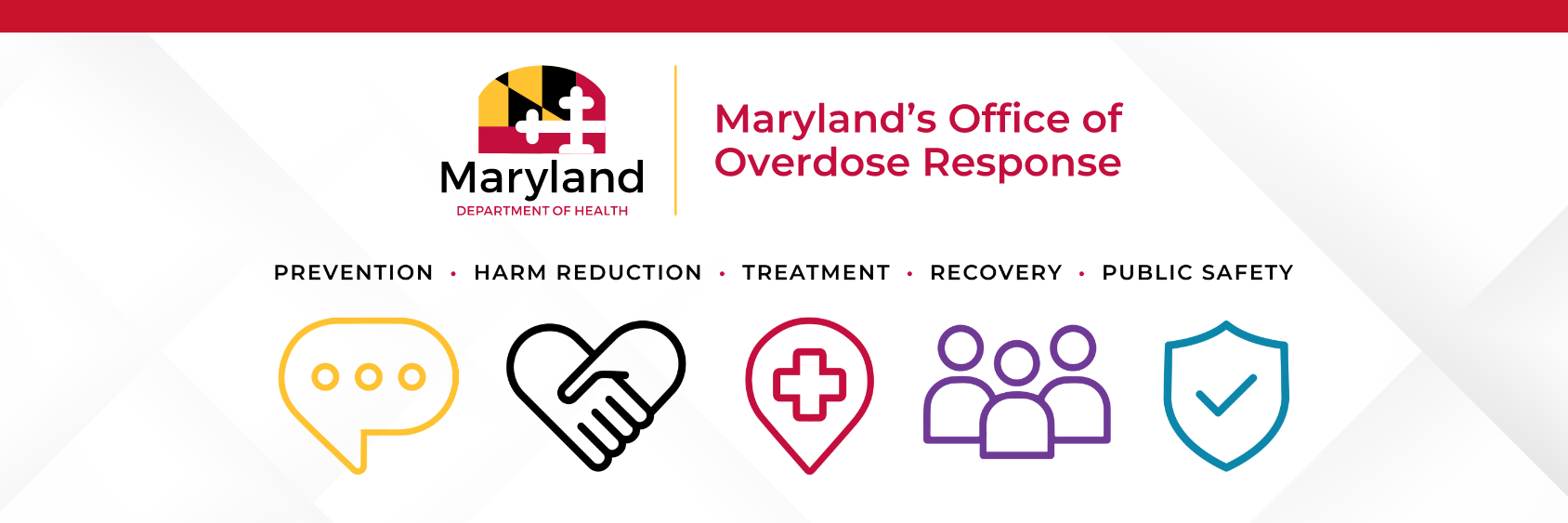Opioid Restitution Fund Advisory Council to Hold Virtual Public Listening Session on March 8, 2023
For immediate release: March 6, 2023

Marylanders from Across the State are Invited to Share Their Ideas for Using Prescription Opioid Settlement Funds
ANNAPOLIS, MD—Maryland’s Opioid Restitution Fund Advisory Council will be hosting a virtual public listening session on Wednesday, March 8, from noon–1 pm. The purpose of the session will be to give Maryland residents an opportunity to provide input regarding the use of prescription opioid legal settlement funds.
Marylanders are also invited to provide their ideas using the Advisory Councils public input form. More information on how to attend the event and to provide written feedback can be found at https://beforeitstoolate.maryland.gov/orf/.
The Opioid Restitution Fund (ORF) was created in 2019 to receive all money awarded at the state level in Maryland through settlements with prescription opioid manufacturers and distributors. The ORF requires that funding only be used to address the harms of the opioid crisis, and it identifies several allowable uses, including prevention programs, expanding access to substance use disorder recovery and treatment services, increasing access to the overdose-reversing medicine, naloxone, and other priority areas.
The ORF Advisory Council was created last year to provide additional recommendations regarding the use of prescription opioid settlement funds. The Advisory Council includes a wide range of experts, stakeholders in fields related to substance use disorder, and representatives of communities that have been impacted by the opioid crisis. The Council is currently meeting on the second Monday of every month, and they are required to provide written recommendations to the Governor annually on November 1st. More information regarding the ORF Advisory Council and its upcoming meetings can be found at https://beforeitstoolate.maryland.gov/orf/.
The ORF Advisory Council intends to schedule additional listening sessions for individuals who are unable to participate during the initial town hall. More detail will be provided as they are available.
###
The Opioid Operational Command Center (OOCC) is responsible for providing administrative support to the Opioid Restitution Fund Advisory Council. The OOCC is Maryland’s principal coordinating office for addressing the opioid crisis. The OOCC can be contacted by email at help.oocc@maryland.gov.


 1-888-373-7888
1-888-373-7888 233733
233733